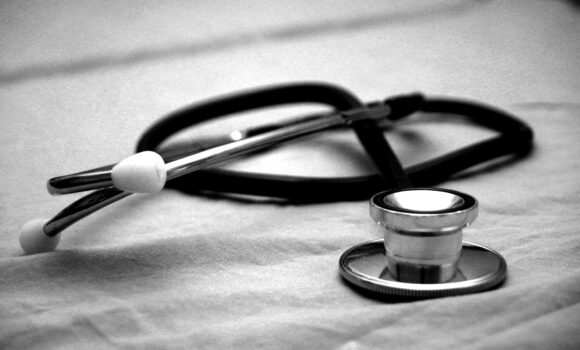How Medical Misdiagnosis Could Affect You

When it comes to the quality of a person’s life, physicians play an important role in the way people take care of themselves, and in some cases, the way a person plans the remainder of their life. We rely on our doctors and their support staff to accurately assess our health and prescribe the proper treatment when we are not feeling our best.
Unfortunately, a common error in the medical field is misdiagnosis, which can cause significant physical and emotional harm to patients and their families. Whether you go to the doctor regularly or only once in a while, it’s important to understand medical misdiagnosis so that you can take steps to protect yourself.
How Common is Medical Misdiagnosis?
Research shows that about 12 million Americans suffer some form of misdiagnosis every year – that’s one out of every 20 patients who seek outpatient care in the U.S. annually.
From these statistics, research has calculated that about half of diagnostic errors have the potential to lead to severe harm, with an estimated 40,000 to 80,000 deaths from misdiagnosis and related complications.
Women and minorities are also at greater risk of suffering a medical misdiagnosis, 20-30% more than any other demographic.
Different Types of Misdiagnosis
The three different categories of medical diagnosis are:
- False Positive: Misdiagnosis of a disease that does not actually exist in the patient
- False Negative: The failure to diagnose a disease that actually is present in the patient
- Equivocal results: A questionable interpretation without a definite diagnosis
Unfortunately, these types of misdiagnoses determine the quality of care the patients may receive. For example, a person with a false-positive diagnosis might receive incorrect treatment for a disease they do not have and experience much more suffering than the actual disease may have caused.
An example of a false-negative diagnosis would be a person who experiences a delay in treatment for their condition. A serious illness, like cancer, requires timely treatment, but a delayed diagnosis can cost the patient the much-needed time they need to fight such a terrible disease.
How Can I Know My Test Results are Accurate?
Doctors advise that patients perform a number of things, during an appointment with a physician, to ensure their test results are as accurate as possible.
Here is a list of things you can do when speaking with a physician:
- Explain your medical history to the physician in a concise and chronological way.
- Share all details of your family’s medical history (EX: a parent with cancer).
- Follow up and make sure you receive any test results.
- If you still question the accuracy of a test result or diagnosis, get a second opinion from a physician.
By taking the necessary steps, as a patient, you are less likely to be a patient that suffers from a misdiagnosis. It is important to keep in mind that physicians see ample amounts of patients on a weekly basis. Like any person, a physician may forget to contact a patient if anything seems questionable or suspicious in a patient. For extra safety precautions, always ask questions and do not hesitate to ask that more tests be run if you are unconvinced of a certain diagnosis.
What If I Think I Have Been Misdiagnosed?
If you feel that a physician has misdiagnosed you or a loved one, it is important that you seek medical attention immediately. Do not wait to do so. When it comes to health, every minute of every day is important.
The Springfield personal injury lawyers at Strong-Garner-Bauer P.C. understand the severity of medical malpractice and are here to help their clients through each case. They fight to make sure that their clients are taken care of through the entire process and relentlessly fight for maximum compensation. For a free case evaluation, call the firm’s personal injury attorneys at (417) 887-4300.
Tell Us About Your Case
Contact us today at (417) 887-4300 or online to arrange your free case evaluation. Our Experienced Trial Attorneys will walk you through your legal options.


